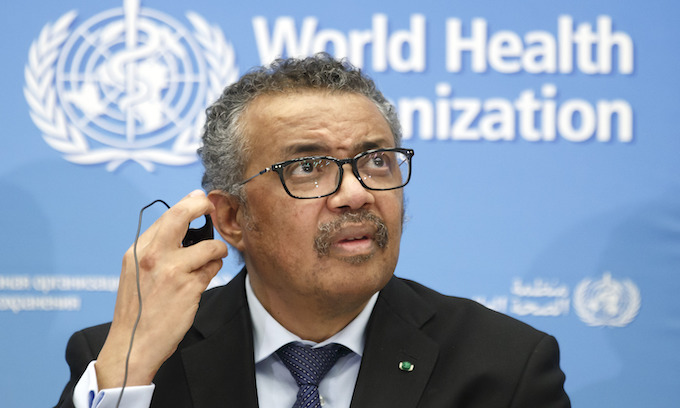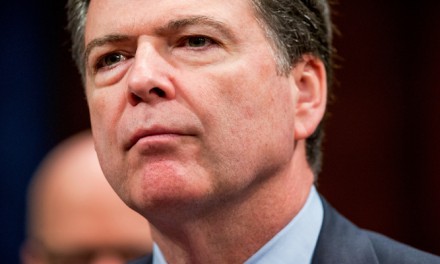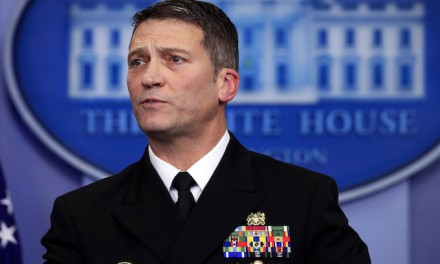The mainstream media, including the New York Times, have blasted the Trump administration over its handling of the coronavirus pandemic yet have not criticized World Health Organization and its director-general, Tedros Adhanom Ghebreyesus, with the same intensity or attention.
Ghebreyesus’s past, upon further investigation, is checkered at best. The last article that the New York Times wrote about Ghebreyesus was in 2017, but since then, the Times has not brought up his allegedly troubled past as Ethiopia’s health minister. In the 2017 article, the Times wrote that he was accused of covering up cholera epidemics by an associate of his then-rival for the WHO director general position, Dr. David Navarro.
Ghebreyesus defeated Navarro and another candidate for the WHO position in 2017 and he claimed that Navarro’s camp orchestrated a “last-minute smear campaign” to derail his candidacy. But Ghebreyesus downplayed the multiple cholera outbreaks in Ethiopia under his tenure as “acute water diarrhea” in remote areas where testing “is difficult.” Ethiopia’s cholera outbreaks were in 2006, 2009, and 2011, but the Ethiopian government and Ghebreyesus denied that Ethiopia had cholera outbreaks.
The Times also reported that WHO sources told the newspaper that cholera testing is simple and that Ethiopian government officials were not telling the truth about the multiple cholera outbreaks. Due to Ethiopia’s denial, the United Nations and WHO officials could not release a cholera vaccine to Ethiopia.
Considering Ghebreyesus’s delayed declaration of global health emergency in late January, the New York Times should re-examine Ghebreyesus’s track record at the WHO and Ethiopia for the purpose of measuring whether he has a history of covering up disease outbreaks. If he covered up Ethiopia’s cholera outbreaks, it would be reasonable to assume he would also cover up other disease outbreaks or downplay their impact. Critics faulted Ghebreyesus for responding too slowly to the coronavirus outbreak in Wuhan, China, but the Times cited multiple defenses of his leadership and the WHO’s response.
Instead of framing his past denial of cholera outbreaks, the Times cited WHO supporters who claimed that the agency has limited powers over government sovereignty and that it has done the best it could under the circumstances. Neither did the Times refer to the WHO’s slow response to the 2014 Ebola outbreak in Africa.
The New York Times has the information to fairly frame the WHO and Ghebreyesus’s past mistakes and how it applies to the ongoing coronavirus pandemic. In the end, it chose to focus on the arguments put forward by agency defenders and not provide adequate context of the WHO or Ghebreyesus’s past.
—-
Spencer Irvine graduated from Brigham Young University in International Relations and currently works as a staff writer for Accuracy in Media.



















Recent Comments